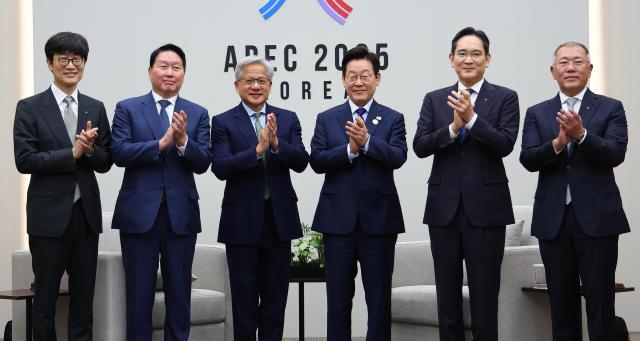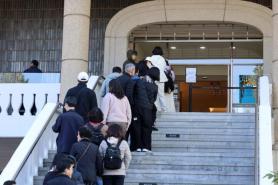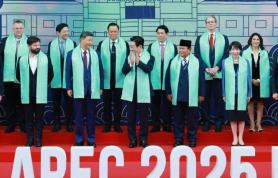
SEOUL, November 07 (AJP) - Just days after South Korea wrapped up the Asia-Pacific Economic Cooperation summit and concluded tariff negotiations with the United States, the nation’s business community is facing a surge of new domestic regulations — a shift that many executives describe as abrupt and burdensome.
The government and the ruling party are moving quickly to advance legislation that would raise the retirement age to 65, accelerate national greenhouse gas reduction targets, and curb industrial energy consumption. Business groups say the measures could stifle competitiveness and investment.
“It’s like a regulatory bomb has been dropped right after the APEC summit,” said one executive at a major conglomerate on condition of anonymity. “The mood changed overnight.”
During the APEC summit, some of South Korea’s largest corporations — including Samsung, Hyundai, SK, and LG — played visible roles in supporting President Lee Jae Myung’s diplomatic agenda. Executives joined U.S. investment discussions and shipbuilding cooperation talks, aligning their business strategies with the government’s foreign policy push.
But less than a week after the summit, many are now grappling with proposals that they say could weigh heavily on growth.
The ruling Democratic Party’s plan to finalize the legislation for the retirement age extension by the end of the year has drawn particular criticism. Companies warn that such a move could further strain hiring for younger workers and deepen labor market polarization.
The government’s plan to reduce greenhouse gas emissions by up to 60 percent by 2035 has also raised alarm among manufacturers, who argue that the target overlooks worsening economic conditions, including oversupply from China and sluggish domestic demand.
Adding to the unease is a proposal to cut industrial energy consumption by 0.1 percent over the next five years — a goal businesses say clashes with the surging electricity needs of data centers, artificial intelligence, and semiconductor plants.
“Rather than simply extending the retirement age, it would be more effective to strengthen reemployment systems tied to wage and productivity adjustments,” said Kim Sang-bong, an economics professor at Hansung University. “The government should listen to industry concerns and refine these policies through cooperation, not confrontation.”
* This article, published by Aju Business Daily, was translated by AI and edited by AJP.
Copyright ⓒ Aju Press All rights reserved.




